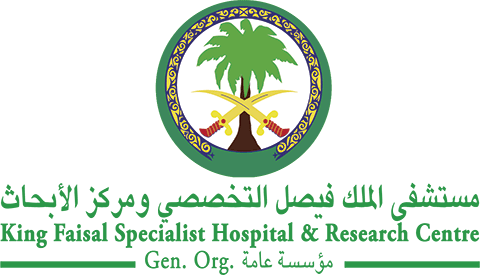Abstract
Objective/Background: To analyse the influence of chromosomal aberrations in addition to t (15;17)(q22;q21) in acute promyelocytic leukaemia (APL) on clinical characteristics and treatment outcomes. Methods: Fifty-seven patients with new APL diagnoses underwent conventional cytogenetic analysis; fluorescence in situ hybridization for t(15;17)(q22;q21) and reverse transcriptase–p olymerase chain reaction detected PML/RARa in two forms: L (length) and S (short) and accepted treatment with all-trans retinoic acid and chemotherapy. Patients with additional chromosome aberrations were designated as the complex karyotype group and were compared with patients with only t(15;17), who were designated as the simple karyotype group. Results: Additional chromosome aberrations was observed in 18/57 patients (31.6%) at initial diagnosis. Outcome was significantly different between the simple karyotype group and the complex karyotype group for complete remission (92.3% vs. 66.7% respectively, p = .025), overall survival at 3 years (92.3% vs. 65.0%, respectively, p = .017), and progression-free survival at 3 years (81.4% vs. 44.4%, respectively, p = .024). Conclusions: Additional chromosome aberrations had adverse effects on the prognosis in APL.
Recommended Citation
Vu, Minh Phuong; Nguyen, Cuc Nhung; and Vu, Hoang
(2022)
"Cytogenetic influence on prognosis in acute promyelocytic leukaemia: A cohort study in Vietnam,"
Hematology/Oncology and Stem Cell Therapy: Vol. 15
:
Iss.
4
, Article 3.
Available at: https://doi.org/10.1016/j.hemonc.2021.06.003
Creative Commons License

This work is licensed under a Creative Commons Attribution-Noncommercial-No Derivative Works 4.0 License.
Included in
Cancer Biology Commons, Hematology Commons, Oncology Commons

